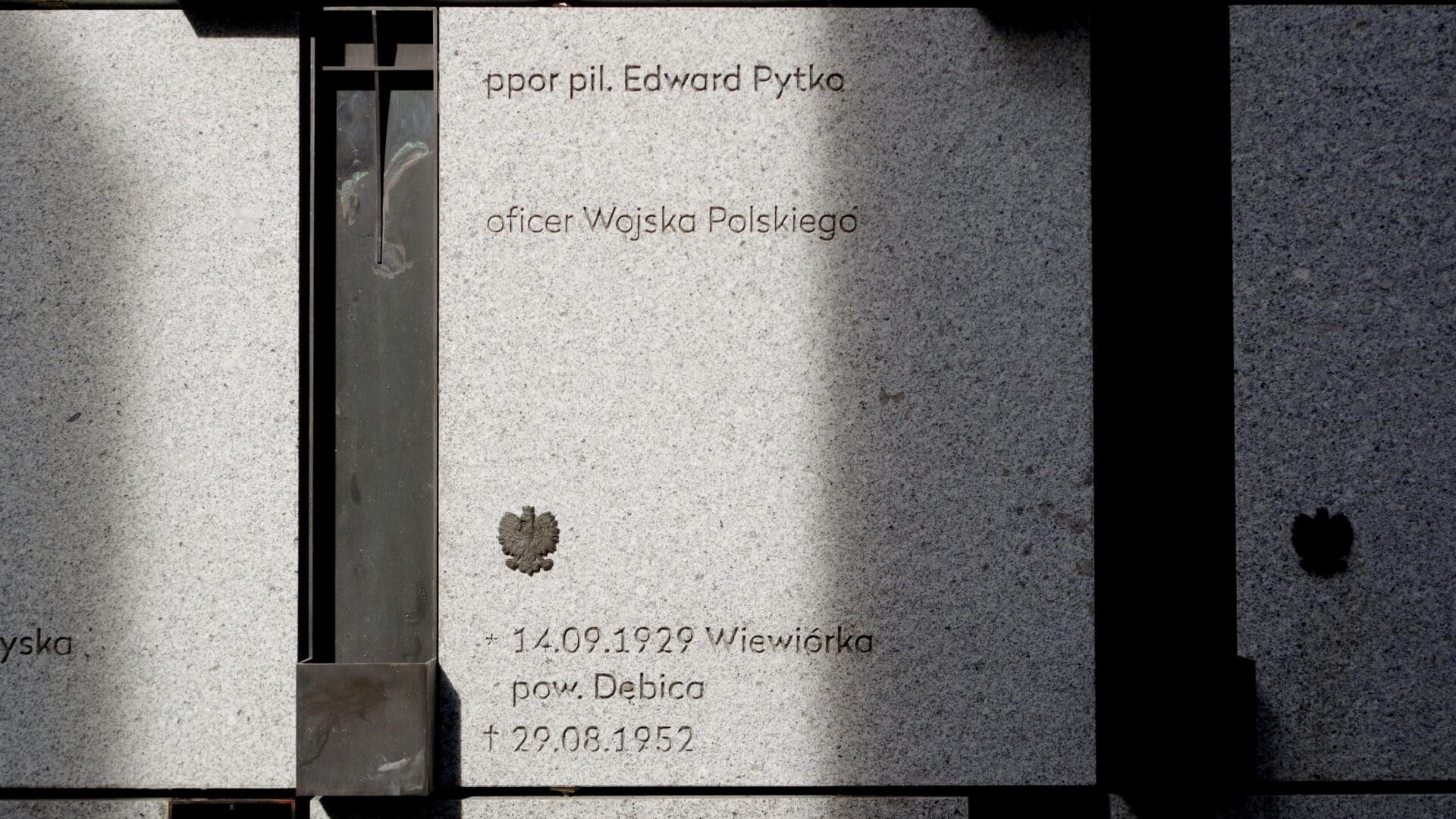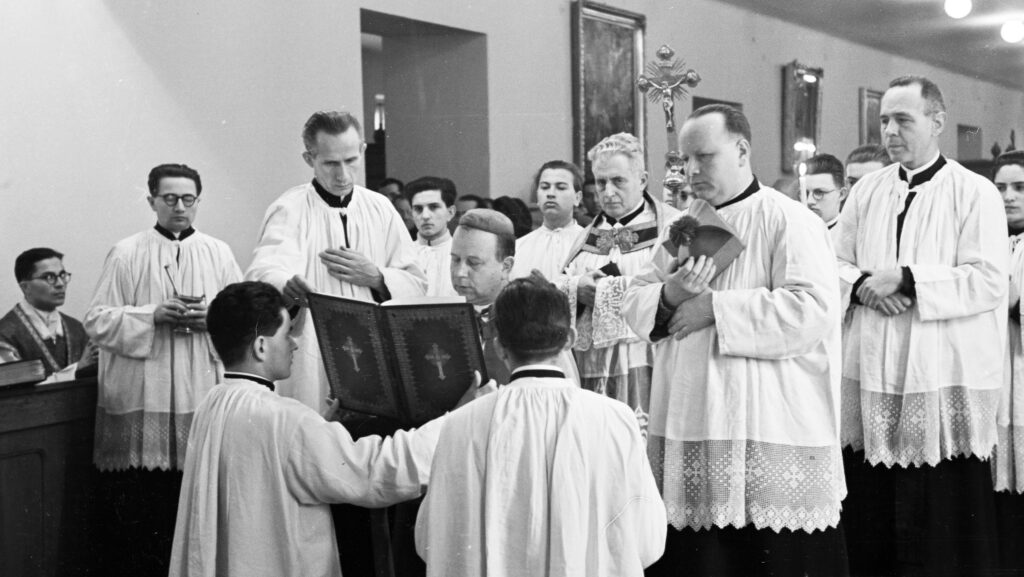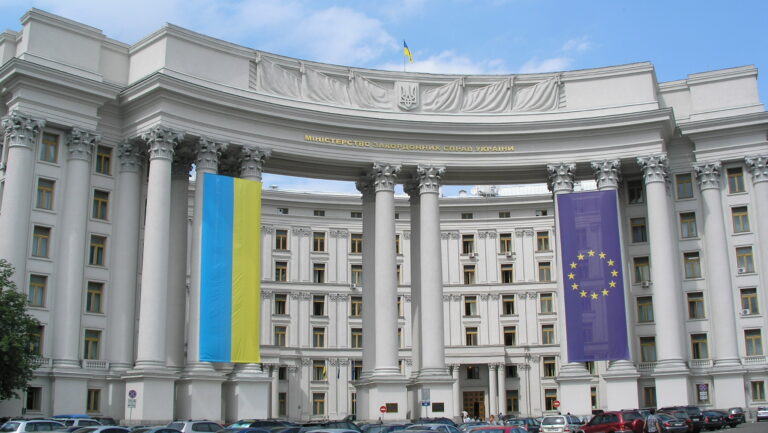The spectre of Communism is still haunting Central Europe. The news broke the other day that Poland is putting on trial a 94-year-old former judge who was involved in sentencing a military pilot wanting to escape from Communist Poland in 1952.
The pilot, Edward Pytko, who attempted to flee to the West, was sentenced to death by a panel of judges that included the elderly man who has now been charged. The defendant, Bogdan Dzięcioł, served as a military judge in the 1950s, but later, in the 1970s, he was appointed to Poland’s Supreme Court.

Charges were brought against the judge first in 2019, but the trial has been delayed until now. The prosecution of the ex-justice is unprecedented, as until now, no one who had any role in administering an unlawful death sentence during the Cold War years has faced a trial since the regime change.
The executed Edward Pytko attempted to escape after he was asked to provide reports about his colleagues to the Polish Communist secret services. Pytko rejected the ‘request’ and a month later tried to illegally leave the country by plane. He managed to reach Austrian airspace, but only the Soviet-controlled one, where he was forced to land. Could he have flown just a little further, he would have entered the US-controlled airspace of Austria, in other words, the free world. The trial of the 23-year-old pilot lasted for just a day: after 21 days of detention in Austria, he was executed. He was buried in an unidentified grave, without the authorities notifying his family of his death. His remains were identified only 60 years later, Notes from Poland reported.
Poland has removed the statute of limitations for communist crimes, many of which would have otherwise been time barred from the start of next month https://t.co/DEcpOJBIkv
— Notes from Poland 🇵🇱 (@notesfrompoland) July 20, 2020
The trial is made possible by the fact that in 2020, Poland removed the statute of limitations on crimes committed under Communism. The agency responsible for uncovering and pressing charges against perpetrators is the government-funded Institute of National Remembrance (IPN). The IPN defines ´communist crimes´ as violations of human rights committed by Communist officials that were illegal even under Poland’s penal code at the time when they were committed. The IPN is currently investigating over 400 of these crimes.
The question of crimes committed under communism resurface every once in a while in the former post-Communist Central European countries, especially in countries where lustration was not thorough during the regime change. Poland’s current right-wing government showed a remarkable commitment to supporting the uncovering and investigation of crimes committed under communism, thus providing a chance for closure—and hopefully reconciliation—to the effected families. Some argue, however, that the flipside of the such investigations is, however, that they tears up old wounds, making it harder for social groups to move past old grievances.








